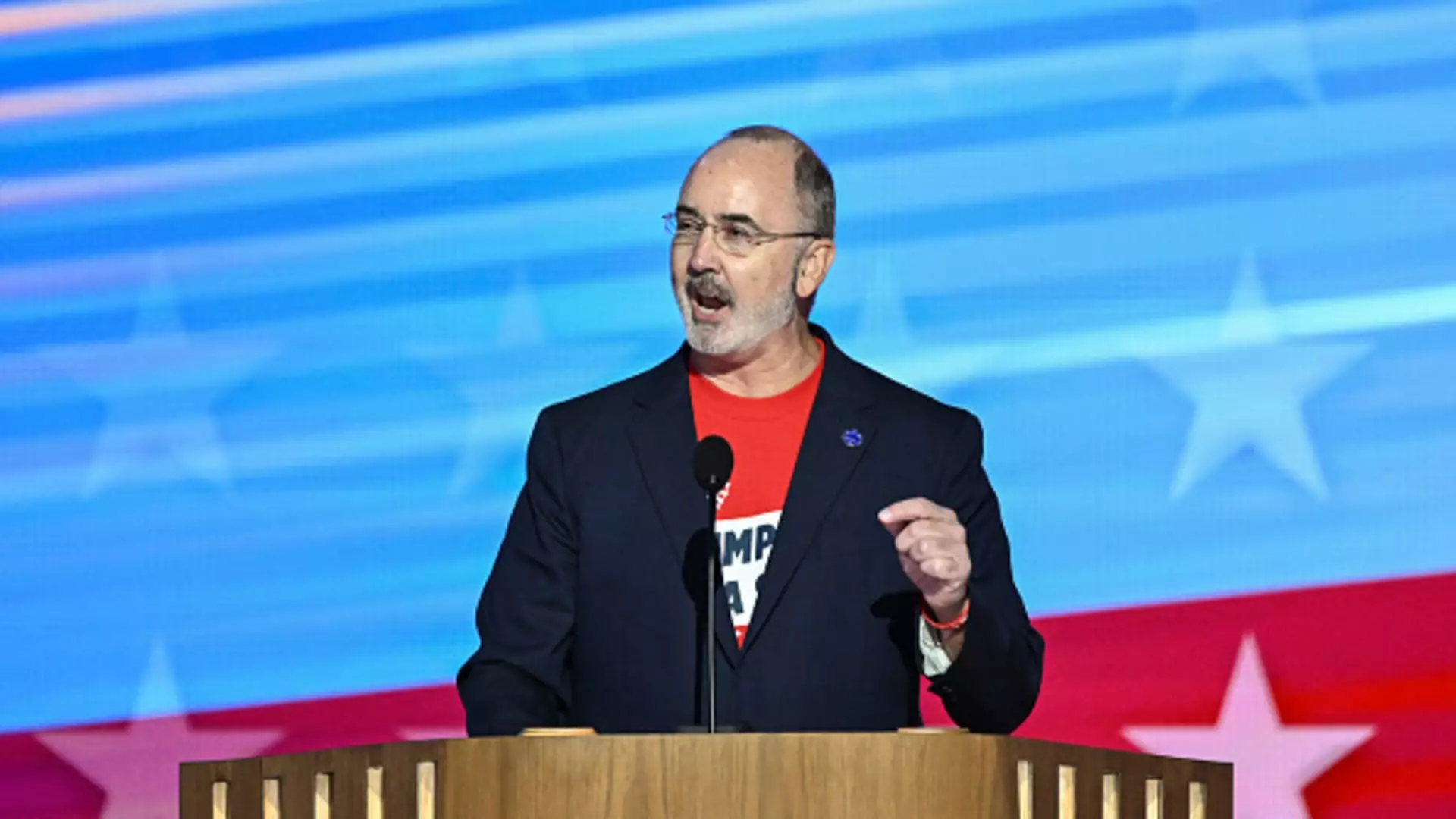In a significant escalation of tensions within the automotive sector, the United Auto Workers (UAW) union recently lodged federal unfair labor practice charges against Stellantis. This move comes in response to allegations that Stellantis is not only violating the contract established in last year’s negotiations but is also attempting to relocate the production of the popular Dodge Durango outside the United States. The situation is emblematic of the broader challenges facing labor unions in the modern manufacturing landscape, where corporate strategies often prioritize profit margins over the commitments made to workers.
UAW President Shawn Fain has been vocal in denouncing Stellantis’s maneuvers, insisting that the contract secured in 2023 represented a significant victory for auto workers, including plans to renew operations at the Belvidere assembly plant in Illinois and maintain Durango production in Detroit. The frustration stemming from potential breaches of these commitments highlights the precarious nature of labor negotiations in the automotive industry. As workers face layoffs and production cuts despite the union’s hard-fought contract, the stakes have risen dramatically.
Stellantis, while not directly addressing the UAW’s claims, has indicated its belief that it has adhered to the terms set forth in the Investment Letter within the collective bargaining agreement. This divergence in interpretations showcases the complexities involved in labor contracts and corporate commitments. Stellantis’s position is reflective of a corporate culture striving to maintain flexibility and adaptability amid changing market conditions, which often clashes with the expectations and rights of its labor force.
What’s particularly telling about this situation is the broader context of labor relations in the United States, where unions are increasingly challenged to hold corporations accountable. The UAW’s proactive stance indicates a willingness to not only safeguard workers’ rights but also a readiness to strike if necessary. This commitment is underscored by the recent grievances filed by various UAW local chapters, pointing to a potentially widespread discontent among thousands of union members. The allegations surrounding the proposed relocation of production may serve as a flashpoint in this ongoing conflict.
As the UAW navigates these turbulent waters, its actions may have far-reaching implications for the future of auto manufacturing in America. A successful enforcement of the contract could set a precedent for labor relations across the industry, encouraging other labor unions to adopt a similarly assertive approach. However, the path forward remains fraught with challenges, particularly if Stellantis continues to resist the union’s demands. The outcome of this clash will significantly shape the landscape of labor rights in the automotive sector, impacting not only the workers directly involved but also the broader economy reliant on the vitality of American manufacturing. In a world where labor voices are often overshadowed by corporate interests, the UAW’s fight could define a new era of worker advocacy and corporate accountability.

